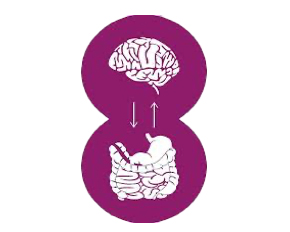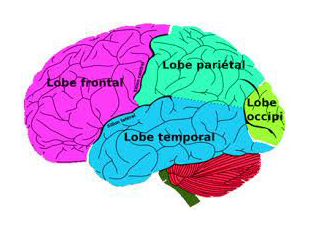
Dr. Julie Phillips-Moore
Clicking on the Send Me Details Now button opens an enquiry form where you can message Dr. Julie Phillips-Moore directly
Have you been diagnosed with Irritable Bowel Syndrome (IBS)?
Do you suffer from abdominal pain, bloating, constipation and/or diarrhoea?
The Mind - Body Connection In Irritable Bowel Syndrome
Servicing area
Port MacquarieFocus areas
Imagine what it would be like to:
- feel more confident and in control of your body;
- attend social gatherings and dine out with ease;
- experience a more balanced body and feel less stressed.
You can control your IBS and lessen IBS symptoms with the help of mind-body techniques such as hypnotherapy and EFT which are well-established, evidence-based treatments.
These techniques not only relieve the physical symptoms of IBS but also relieve many of the psychological symptoms associated with this condition, such as anxiety and depression.
Though not life-threatening, IBS can be debilitating for some people.
It is probably the most common disorder encountered by gastroenterologists and physicians in primary care. Depending on the criteria used to define the disease, it is estimated that from 10% to 25% of the general population suffer from this condition and that it comprises from 30% to 50% of the gastroenterologists’ workload.
IBS is not a disease - it is a functional disorder.
Researchers are beginning to view IBS as a multi-faceted disorder in which there appears to be a disturbance in the interaction between the intestines, the brain, and the autonomic nervous system resulting in an alteration in the regulation of bowel motility and/or sensory function.
-66a335acbcaed.jpg)
Triggering factors in this brain-gut condition may be responsible for causing symptoms of diarrhoea in some IBS sufferers, constipation in others, and alternating diarrhoea and constipation in the remainder.
Previous gastroenteritis, small intestine bacterial over-growth (SIBO), food poisoning, overuse of antibiotics, a genetic contribution, and an imbalance of neurotransmitters have all been proposed as either possible causes or playing a part in the development of IBS.
It is generally agreed, however, that a person’s emotional response to stress can exacerbate the condition.
The fact that specific laboratory findings are conspicuously absent only adds to the stress. If the tests show no pathology, then, no doubt, you are worried about why you are getting these distressful symptoms when there appears to be no cause!
Stress and Emotions.
Studies have shown that life stress contributes to the onset and exacerbation of symptoms for the majority of patients with IBS.
Stressors included divorce, lawsuits, relationship difficulties, serious illness (of self or others), business failures, forced redundancies, and caring for a family member with physical and/or emotional problems.
Studies have also shown that emotions such as anger, fear, pain and anxiety can effect the movement of the colon more in IBS patients than in healthy controls.
The gut has its own separate nervous system – called the Enteric Nervous System (ENS). The ENS can function separately from the main central nervous system and is connected by special nerve fibres to the brain.
Thus the bowel can be influenced by images and thoughts in the brain to a much greater extent than previously thought.

Research
Gut-directed hypnotherapy has been studied as a form of treatment for IBS since it was introduced in England in 1984 (Whorwell, P.). The study noted that those participants given gut-directed hypnotherapy had dramatic improvements that lasted past the completion of treatment, as compared to those who were given a placebo and psychotherapy.
A more recent study, which was the first of its kind in Australia (Phillips-Moore, 2006), showed that patients who received both gut-directed hypnosis and guided imagery which also addressed psychological issues, improved more than those who had received gut-directed hypnosis only.
Qualifications
- Ph.D.
- Master of Behavioural Health Science (distinction)
- B.A. (Psych.)
- Dip. Clinical Hypnotherapy
- Dip. Counselling
- Dip. Homoeopathic Medicine
- Adv. Dip. Nutritional Medicine
- N.D.
Click on Send Me Details Now to get started
Send Me Details Now